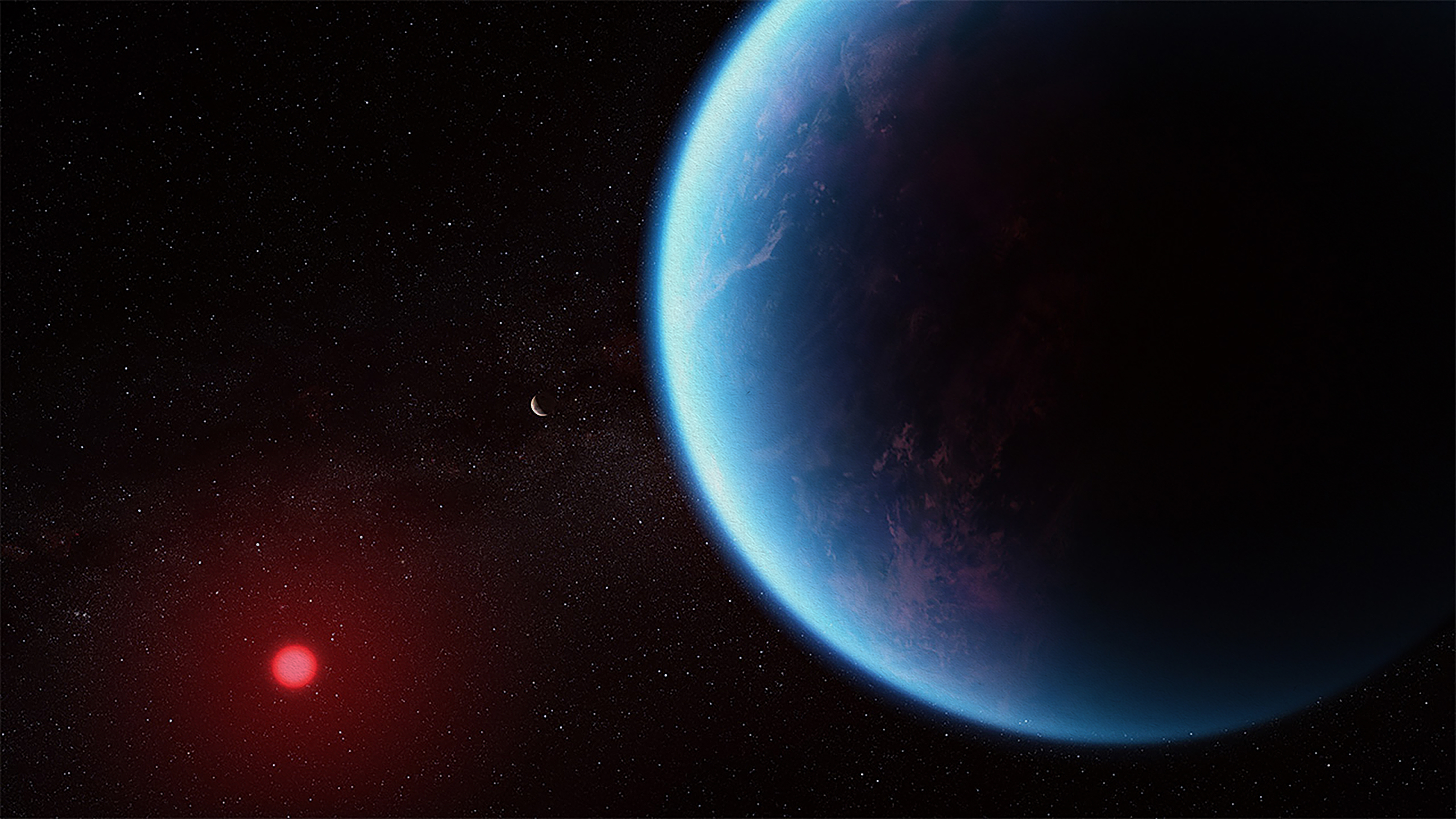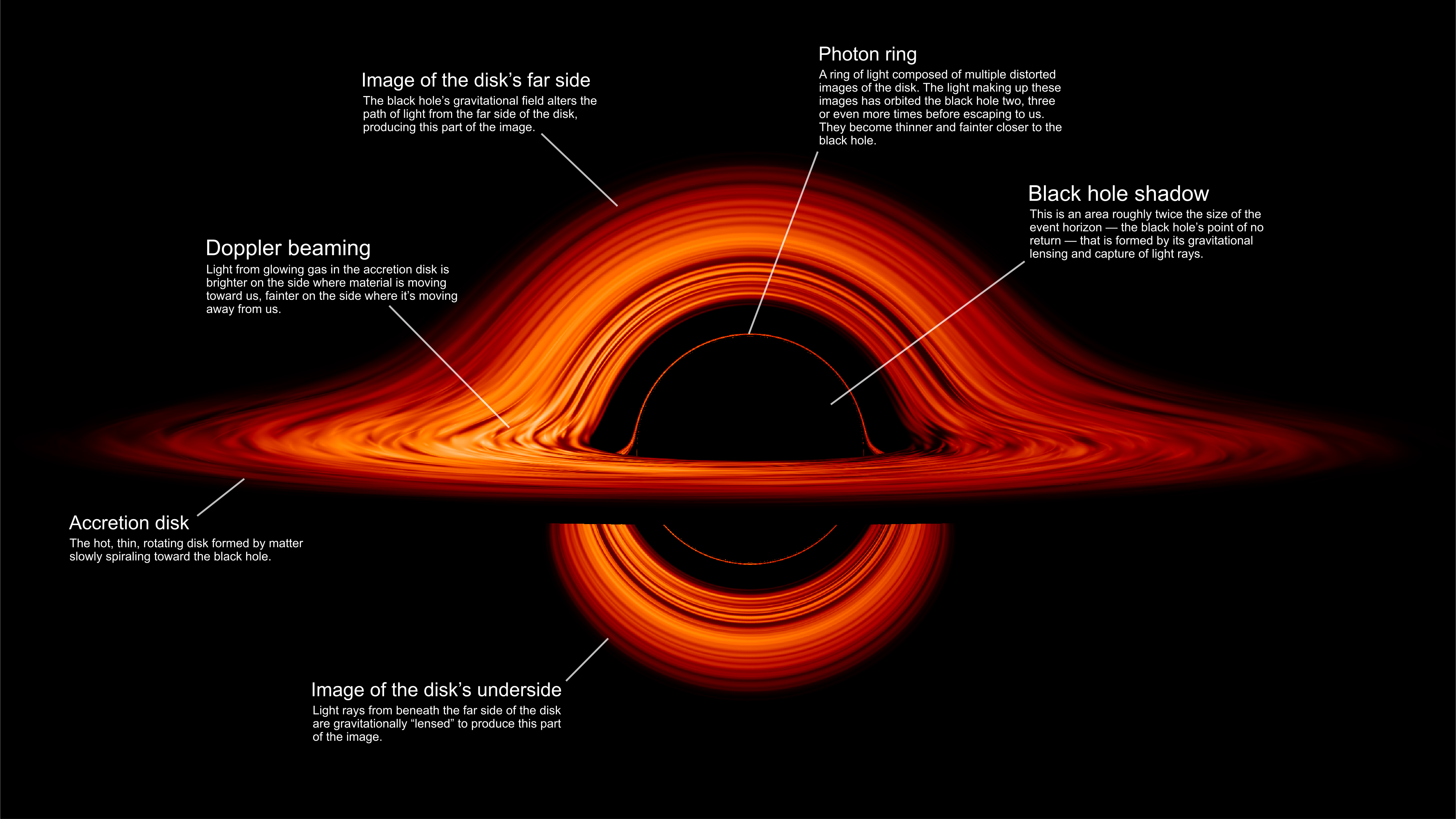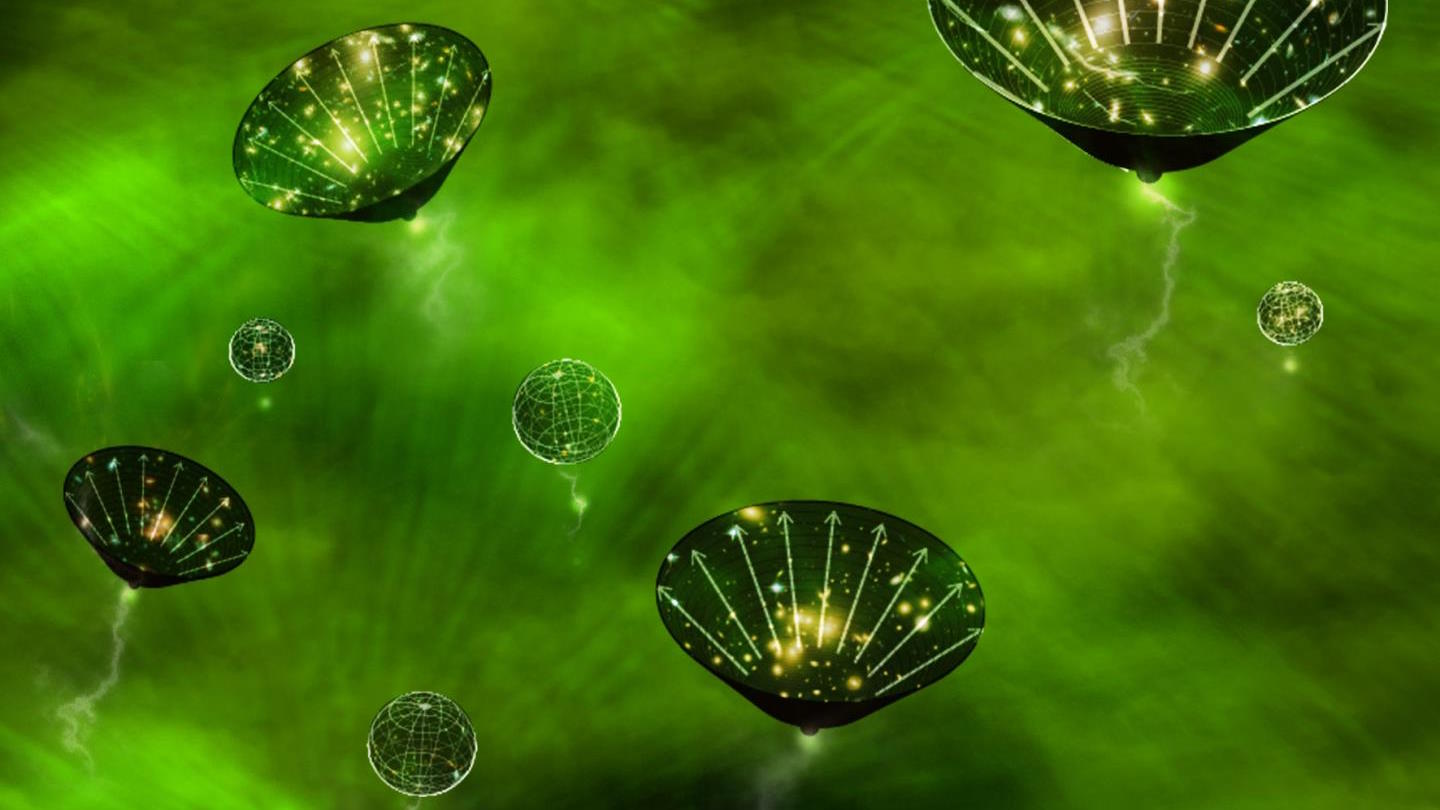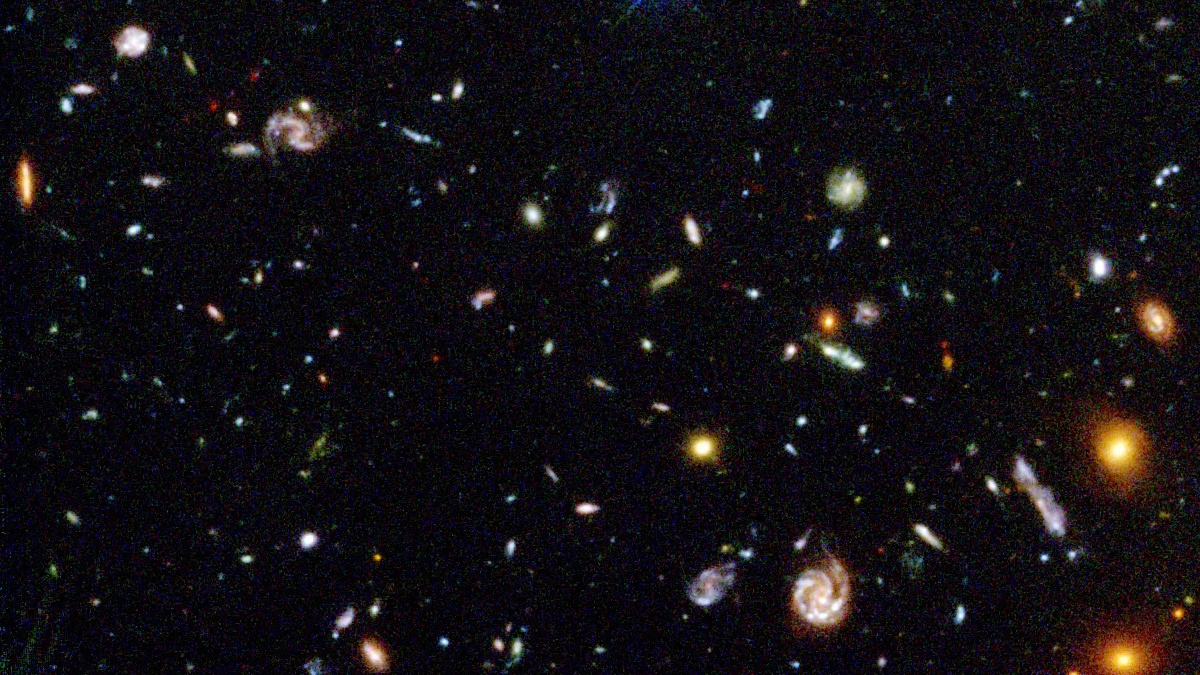In this preview from “The Saucerian,” author Gabriel Mckee explains how the combination of fantastical stories and obscure bureaucracy launched the “space age of the imagination.”
As we shape our future we should ask: Which interpretations of classic sci-fi fables hold sway with today’s powerful tech leaders?
A Cambridge-based team claims to find molecules on an exoplanet that are only produced by life on Earth. Don’t fall for the unfounded hype.
Locked inside their minds, thousands await a cure. Neuroscientist Daniel Toker is racing to find it.
The cofounder of Hyrox — one of the fastest-growing global brands in fitness — puts his snowballing success through a proper Big Think workout.
“There’s a long history of people claiming planets which look Earth-like, Earth 2.0, Earth twins.”
▸
19 min
—
with
According to Stephen Hawking, spontaneously emitted radiation should cause all black holes to decay. But we’ve never seen it: not even once.
Grandmasters and drug dealers have one thing in common: They are many steps ahead of their rivals.
Warren Buffett famously noted that Berkshire Hathaway would “never depend on the kindness of strangers to stay in business.” Startups take note.
“The more uncertain and scary things get in the world, the more we as humans are drawn to simple dichotomies.”
▸
01:18:14 min
—
with
In all the known Universe, Earth is the only planet known to have native life. What should guide us in expanding humanity beyond our world?
If an asteroid hadn’t killed off the dinosaurs, humans would almost certainly have never walked the Earth.
Welcome to The Nightcrawler — a weekly newsletter from Eric Markowitz covering tech, innovation, and long-term thinking.
“Being aware of your mindsets is the difference between living a conscious life, where you’re making choices in accord with what you actually want and going where you actually wanna go, versus being on autopilot and having those mindsets subconsciously drive all of your decisions.”
▸
15 min
—
with
Empty space itself, the quantum vacuum, could be in either a true, stable state or a false, unstable state. Our fate depends on the answer.
Trump may make America great again — just not in the way he had intended.
After drastic cuts to the NIH, the FDA, the NSF, and the DOE, NASA science faces down its smallest budget ever. All of society will suffer.
“Try to love the questions themselves, like locked rooms, like books written in a truly foreign language.”
Barry Ritholtz — market commentator, founder of Ritholtz Wealth Management, and podcast host — shares what really trips investors up.
Perhaps no existential question looms larger than that of our ultimate cosmic origins. At long last, science has provided the answers.
From religious iconography to modern mysticism, the human aura has been a subject of fascination across centuries and cultures.
The founder of GenZ Publishing joins Big Think from the infinitely unfurling confluence of print and digital.
The Hubble Space Telescope, launched in 1990, was originally seen as a colossal mistake. This one image, taken in 1995, changed everything.
Do our thoughts have any meaning whatsoever?
Surprisingly, multimodal large language models struggle to read time on analog clocks.
In theory, scientists could’ve produced a deadly virus that accidentally infected lab workers. In practice, we know that didn’t happen.
In “Enough Is Enuf,” Gabe Henry traces the history of simplified spelling movements and the lessons they teach us about language.
Welcome to The Nightcrawler — a weekly newsletter from Eric Markowitz covering tech, innovation, and long-term thinking.
“What would a totalitarian society that is not well disposed to our own do if it had God-like power? We don’t wanna find out.”
▸
13 min
—
with
Planets can create nuclear power on their own, naturally, without any intelligence or technology. Earth already did: 1.7 billion years ago.





























